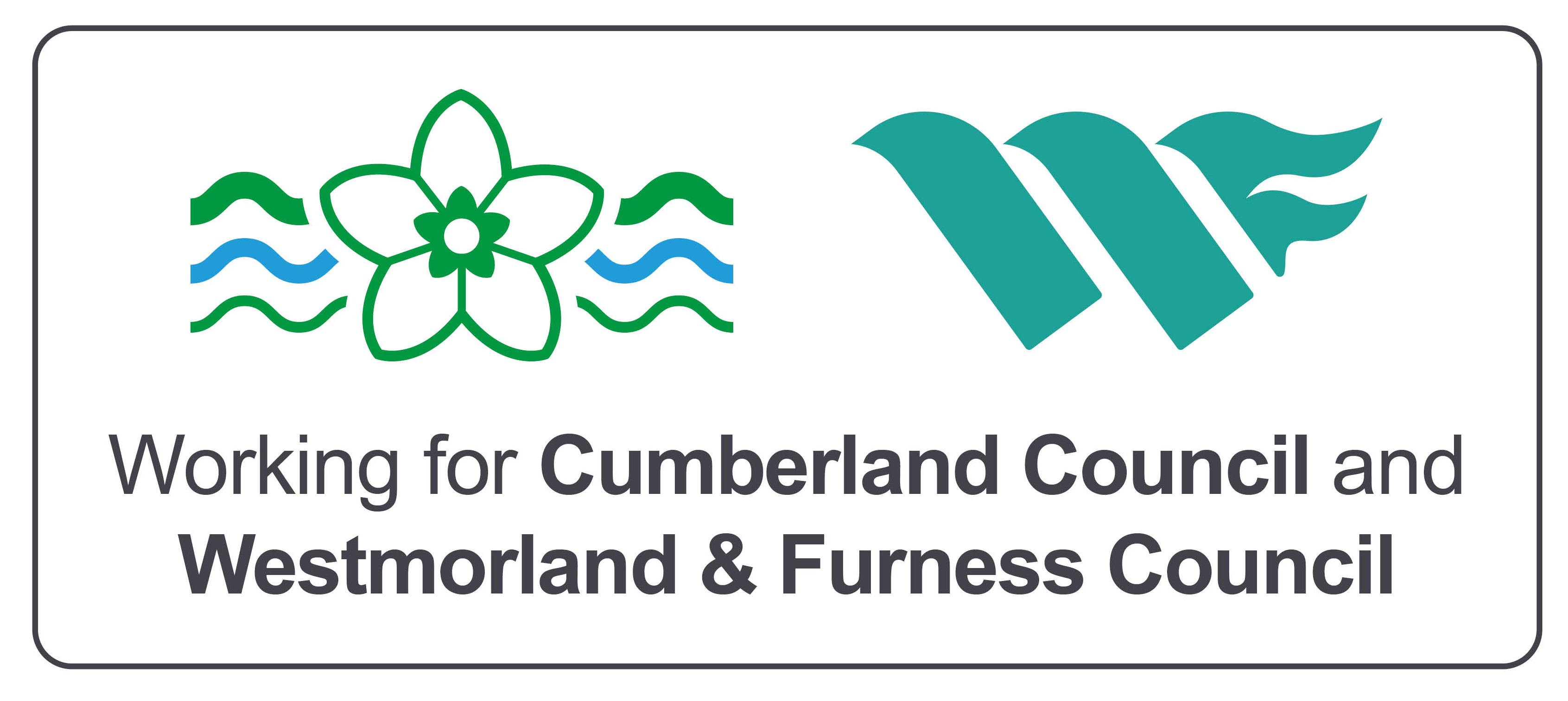Safeguarding

We take our duty to safeguard learners and staff and to protect their welfare seriously. If you have any safeguarding concerns about yourself or another learner, you can raise this with your tutor, your centre manager or with the safeguarding team. You will find details on the classroom posters, learner handbook and here on our website.
Adult Learning is committed to providing the best and safest learning environments possible to ensure all learners can succeed and staff can feel secure.
We believe it is everyone's responsibility to:
- Respect each other's right to feel safe
- Treat each other fairly and with respect
- Not to threaten, hurt or abuse others in any way
Adult Learning Safeguarding Poster (PDF 2MB)
Safeguarding' relates to the protection of children, young people and vulnerable adults. Safeguarding legislation requires policy, procedure, and preventative measures to be in place to protect young people and vulnerable adults from risk of harm.
All providers of post-16 learning, and skills have responsibilities to ensure the safety of children, young people and those adults deemed 'vulnerable'. A vulnerable adult is defined as a person 'who is or may need community care services by reason of mental or other disability, age or illness; and who is or may be unable to take care of him or herself, or unable to protect him or herself against significant harm or exploitation' (Care Act 2014).
We will also support you and find and contact agencies who can provide further help if needed. You might, for example, be concerned about
- Physical abuse.
- FGM (female genital mutilation)
- Domestic violence or abuse.
- Sexual abuse.
- Psychological or emotional abuse.
- Financial or material abuse.
- Modern slavery.
- Discriminatory abuse.
- Organisational or institutional abuse.
If you feel you are in immediate danger, please call 999.
If you have a concern and do not wish to contact the safeguarding team, please refer to the list of agencies who will be able to help you and other organisations who may be able to help you.
Safeguarding Contacts:
Police: 999 (In an emergency)
Designated Safeguarding Officer: Kraig Reeves-Brown Email: kraig.reeves-brown@westmorlandandfurness.gov.uk
Deputy Safeguarding Officer: Emma Boyd Email: emma.boyd@westmorlandandfurness.gov.uk
Resources:
- Bullying (PDF 170KB)
- Coercive Control (PDF 171KB)
- Online Abuse (PDF 215KB)
- FMG (PDF 170KB)
- PREVENT (PDF 172KB)
Support Links:
In an emergency call: 999
Adult Social Care - getting help and support | Westmorland and Furness Council
Adult Social Care - getting help and support | Cumbria County Council (cumberland.gov.uk)
Victim Support in Cumbria:
Cumbria - 0300 303 0157
Citizens Advice
First Step - North Cumbria
First Step - South Cumbria
Samaritans
Mindline Cumbria
CALM Campaign Against Living Miserably
CALM Campaign Against Living Miserably
Shout - TEXT 85258
Every Life Matters - Cumbria
CADAS - Cumbria Alcohol and Drug Advisory Service
Gambling Therapy in Cumbria
Step Change Debt Recovery help
Not all of our teaching is carried out in the classroom with some courses delivered over Zoom and research carried over the internet, therefore safeguarding is still important. We must all be aware of what to do if we are worried about our safety as there are many opportunities for people to be abused online.
Ensure you have:
- A strong password
- You log out when you have finished on social media
- Check your privacy settings regularly
- Be careful about what you post as you could reveal important personal details about yourself which could be misused
- Also be careful about opening emails and clicking links from organisations you have not first contacted yourself.
Visit Get Safe Online for advice about internet security, how to stay safe online and cyberbullying.
Remember:
- It is important that you avoid scams by never giving out your password and when shopping online, look for the padlock symbol next to the website address.
- It is also a good idea to go back to a well-known Internet browser such as Google or Bing regularly rather than click lots of links
- Remember that you can never be sure about those you meet online.

Adult Learning prevent strategy this is designed to prevent people from being radicalised and drawn into extremism.
We have a legal responsibility to ensure that our learners are protected from being drawn into radicalisation, violent extremism and terrorism, therefore as a service, we actively promote these values of openness and tolerance and we embed British values in all our courses.
Extremism is where someone has beliefs that most other people think are not reasonable or acceptable.
Radicalization is the process where someone starts to have those extreme political social or religious ideas and the Internet is widely used to radicalise with some sites promoting false news to try to encourage people to join them. We expect everyone to be open to debate and be prepared to consider different points of view even if they do not end up agreeing with them.
You can find more information from the above Prevent leaflet.
Our tutors have undertaken CPD to enable them to communicate and work with learners to ensure that they understand the ways that extremism can present itself. They will also ensure you know the current emerging threats both locally and within our county, so that you are well informed and able to recognise key signs of potential radicalisation.
Please also refer to the posters in your classrooms and your learner handbook which also has information about these values.
Our learner agreement tells you what we value, what we ask of you and what you should expect from us. It outlines our commitment to equality and promoting British values of democracy, rule of law, individual liberty and mutual respect and tolerance for those with different faiths and beliefs to all our learners as part of their learning experience.
In your class your tutor will make sure that individual views are heard and valued; discussion and debate is encouraged, and opportunities are taken to explain rights and responsibilities. We encourage and support all our tutors to use every opportunity to make sure that all learners respect and reinforce British values whilst creating a safe space for debate and conversations.
Adult Learning actively promotes British values, which is defined by the government as:
- Democracy
- The rule of law
- Individual liberty
- Mutual respect and tolerance of those of different faiths and beliefs
This includes challenging learners, staff, volunteers and other service users if they may express opinions that are contrary to these values including extremist views. It is all of our responsibilities to ensure all within our service are safe.
By actively promoting these values, we aim to:
- Keep you safe; all members of our staff and our volunteers are required to complete Safeguarding training including training on radicalisation;
- Promote respect and tolerance, regardless of background;
- Celebrate difference and promote diversity;
- Encourage an understanding of the difficulties other cultures face where such values are not respected.
In order to do this we will continue to ensure we:
- Provide staff development and training throughout the academic year;
- Ensure learners have a voice that is listened to and valued;
- Update our web page with recent and relevant information;
- Encourage learners to become responsible learners, critical thinkers and to actively participate in their own learning and development;
- Promote British values in everything we do.
Every member of our staff has a responsibility to help ensure your safety and welfare. If you are concerned in any way about the safety or wellbeing of yourself or someone else, please contact one of our designated Safeguarding Officers as soon as possible or speak to your centre manager and / or tutor.
Please see below some of the ways in which we promote British values:
Democracy:
- Learner and partner satisfaction questionnaires
- End of course evaluations
- Learning activities during your course
- Group discussion in class
- Learner handbooks
Rule of law:
- Staff and volunteer ID badges
- Policies in place: e.g. Safeguarding policy;
- Observation of Teaching Learning & Assessment guidelines and policies
Individual liberty:
- Health and Wellbeing Safeguarding
- Prevent Duty
- Information, Advice and Guidance embedded in courses
Mutual respect and tolerance of different faiths and beliefs:
- Learner Agreement
- Annual calendar of events to celebrate difference and diversity
Arrangements are in place to review these policies and procedures regularly. All staff and volunteers must complete regular safeguarding (including Prevent duty) training so that they are aware of their roles and responsibilities.


